The most widely consumed fruit in the world, the mango, contains substances which protect the body from being infected with listeriosis, scientists have found.
Listeriosis is a disease which affects mammals and birds, affecting their nervous system or internal organs. People can become infected with it by eating foods of animal origin and vegetables.
Phenols remove tannin compounds, taken from mangoes, which are also found in grape seeds, they block pathogenic strains of bacteria, including listeria, a potentially hazardous bacteria which infects meat.
A few years ago in Canada, there was a listeriosis epidemic, which took the lives of 21 people.
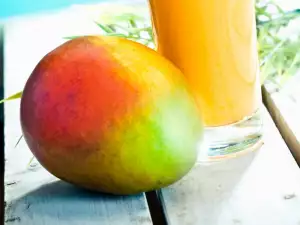
Mango takes 5th place in the world among the major grown fruit crops. Canadian experts believe that the mango can be widely used for developing drugs to fight against listeriosis.
Fruits in general are rich in phytochemicals with a high antioxidant potential: carotenoids (alpha and beta-carotene, lutein), polyphenols (quercetin), flavonoids, (kaempferol), gallic acid, tannins, caffeic acid. What's unique to mangoes is the xanthonoid derivative mangiferin.
Worldwide, mango is the most consumed fruit. It beats bananas 3 to 1, and apples 10 to 1!

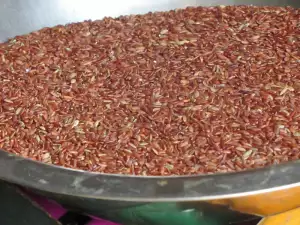
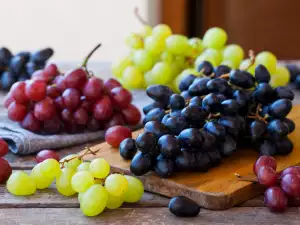

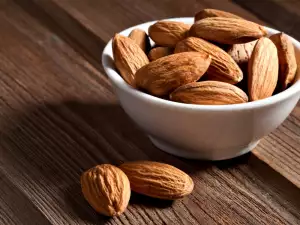
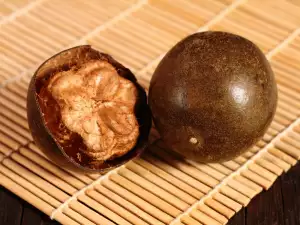

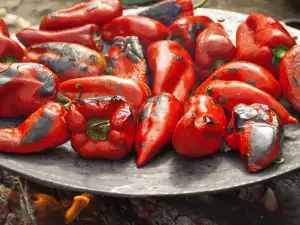
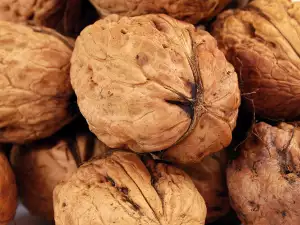

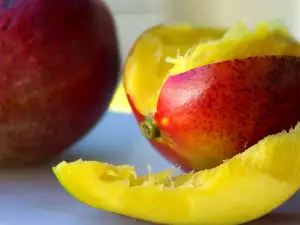

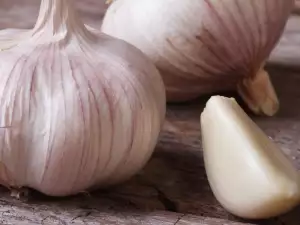


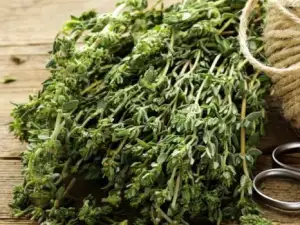




Comments